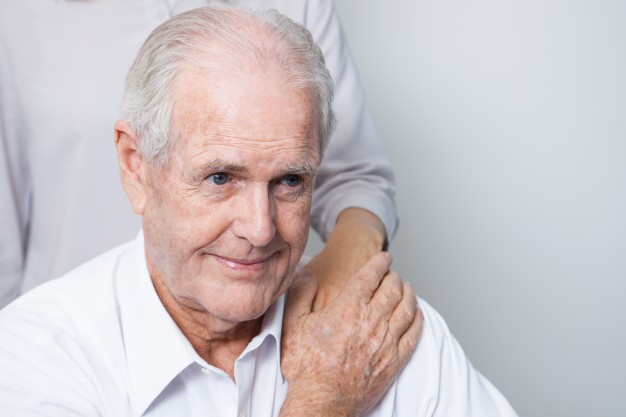Impact of social isolation on seniors

24-hour in-home nursing and elderly care
October 10, 2020
5 Signs Your Loved One May Need Home Care Services
November 2, 2020Understanding Social isolation
Social isolation is termed when a person has very little or no contact with other people. It can occur over short or long periods and is a distinctive physical state. Isolation particularly may be described by:
- Staying at home most or all of the time
- Denying interpersonal interaction
- Avoiding social instances
Isolation may have many negative psychological effects, including an increase in sadness, restlessness, and loneliness. People can find themselves socially isolated regularly as a side effect of isolating mental health issues like social anxiety or agoraphobia.
For example, someone with agoraphobia can feel too traumatic leaving their house on some day or other.
Loneliness, on the other hand, is an emotional state of mind. It is explained as feeling alone or detached from others and feeling empty. social isolation may be accompanied by loneliness but can be caused by other things, such as divorce or breakups, moving to a new location, or the sudden death of a close friend or loved one. Someone who finds it difficult in making friends may also experience loneliness very often. In the case of mental health, loneliness may accompany depression, anxiety, and many addictions and phobias.
Health Impact of social isolation on seniors
Human beings are social creatures. Our connection to others enables us to survive and thrive. Yet, as we age, many of us are alone more often than when we were younger, leaving us vulnerable to social isolation and loneliness—and related health problems such as cognitive decline, depression, and heart disease. Fortunately, there are ways to counteract these negative effects.
Isolation may be considered as one of the first few signs of many mental health issues, hence identifying the unique context of each situation is the key factor to understand it.
Loneliness and isolation may be the symptoms of the following mental health issues, among others:
- Anxiety
- Depression
- Posttraumatic Stress
- Borderline personality
Research has been linking social isolation and loneliness to higher risks for several physical and mental conditions: obesity, high blood pressure, heart disease, poor immune system, anxiety, depression, cognitive decline, Alzheimer’s, and even death.
People who find themselves unexpectedly alone due to the death of a spouse or partner, separation from friends or family, retirement, loss of mobility, and lack of transportation are at particular risk.
Conversely, people who engage in meaningful, productive activities with others tend to live longer, boost their mood, and have a sense of purpose. These activities seem to help maintain their well-being and may improve their cognitive function; studies show.
Access Healthcare helps lonely elderly
At the time of feeling lonely or experiencing isolation for long periods, reaching out to a licensed mental health professional who can offer support may help. Not addressing prolonged loneliness and isolation can negatively affect your physical and mental well-being. If there is a deeper mental health issue causing your feelings of loneliness or isolation, a therapist can help treat that issue and put you on the path to your best self. Remember that you are not alone and there is never shame in asking for help.
Looking for healthcare services for elderly people?
We consider your care as our responsibility.
Access Healthcare Services continuously aspire to the values of respecting the dignity, autonomy, uniqueness, and privacy of each individual.
Schedule a visit to access healthcare Pembroke and experience the best-personalized nursing management and engaging free in-home assessment.
For all the enquiries and requirements, simply get in touch with us today:
Call – (613)-596-4929 {Ottawa}
(613)-732-4713 {Pembroke}
E-mail – info@access-healthcare.com







